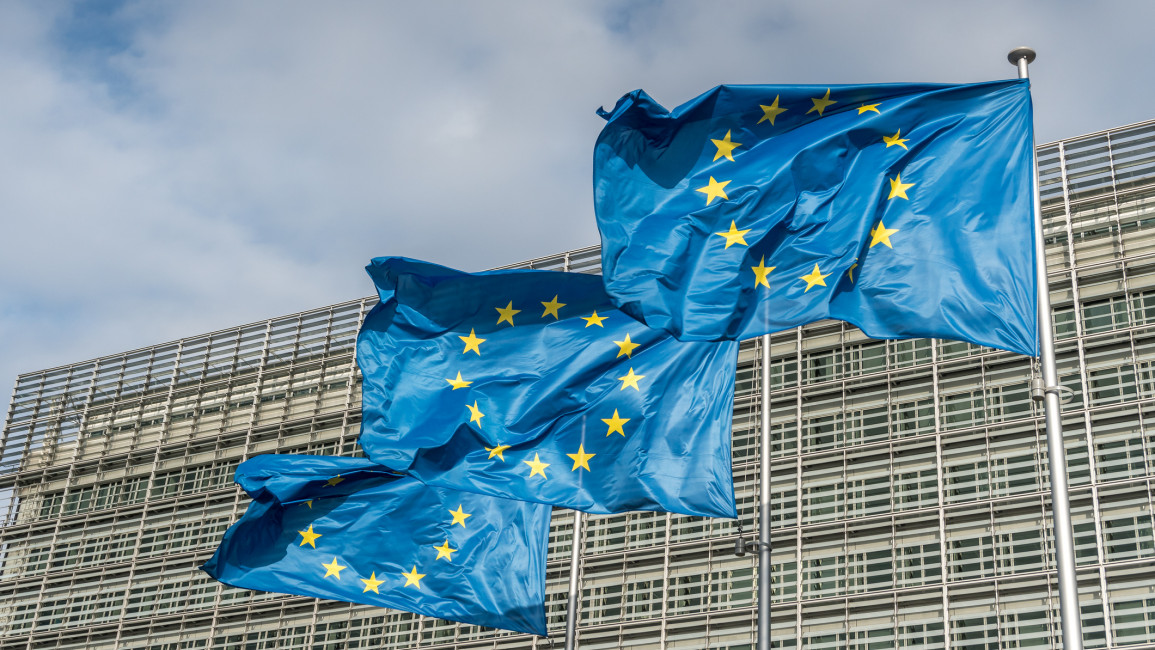EU lawmakers call for global scrutiny of Egypt's 'devastating' human rights record
European parliamentarians urged their governments and the United Nations on Thursday to bring Egypt's "devastating" human rights situation under more global scrutiny.
The lawmakers issued a statement calling on the UN Human Rights Council to establish a monitoring and reporting mechanism on Egypt at its upcoming first and highest-level meeting of 2022, set for 28 February.
"We are extremely concerned about the international community’s persistent failure to take any meaningful action to address Egypt’s human rights crisis," read the statement, signed by 175 parliamentarians from the EU bloc and the UK.
"This failure, along with continued support to the Egyptian government and reluctance to even speak up against pervasive abuses has only deepened the Egyptian authorities’ sense of impunity," it added.
Since rising to power in 2013, Egyptian President Abdel Fattah El-Sisi has overseen a rollback of many freedoms and outlawed the Islamist Muslim Brotherhood, labelling it a terrorist organisation.
The country is ranked among the world’s worst jailers of journalists, along with Turkey and China, according to the nonprofit Committee to Protect Journalists.
Many of those who have been imprisoned in recent years are Islamists but they also include secular activists who were involved in the 2011 Arab Spring uprising that toppled the country’s longtime dictator Hosni Mubarak.
"Despite this devastating picture, the international community has by and large limited its reaction to rare, occasional statements of concern at the U.N. Human Rights Council," added the statement.
The parliamentarians' appeal comes shortly after recently freed Egyptian-Palestinian activist Ramy Shaath spoke before the EU Parliament's Human Rights Subcommittee about torture, beatings and what he described as "inhumane" living conditions in Egyptian prisons.
Last month, Shaath was released from a Cairo prison where he had spent nearly two years and a half in pre-trial detention over allegations of having ties with an outlawed group.
"Conventional wisdom says that autocracy is in the ascendancy and democracy is in decline" - @KenRoth https://t.co/iX4TixRoqe
— The New Arab (@The_NewArab) February 3, 2022
Upon his release, he was deported after being forced to renounce his Egyptian citizenship. He eventually landed in Paris with his French wife Céline Lebrun Shaath.
"The legal system is politicized and not independent," Shaath told the EU parliament on Wednesday last week. "Egyptian officers would say many times in prison 'We are not subject to any law, we can take you, we can kill you, we can bury you, we can torture you, you are ours.'"
Last year, Egyptian authorities released a few activists and journalists whose detention had stirred a global outcry. El-Sisi also launched what he dubbed a "national human rights strategy" that aimed at upgrading the conditions of human rights in Egypt.
However, such moves fell short of convincing his detractors that he was genuinely embracing a new course of action.
"We take note of some recent modest steps taken or announced by the Egyptian authorities," said the EU parliamentarians. "Yet regret that these steps hardly constitute anything more than an effort to whitewash their dismal human rights record."



